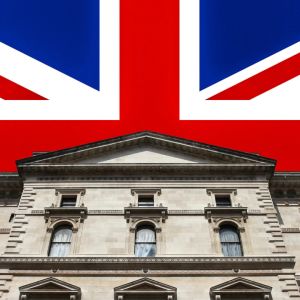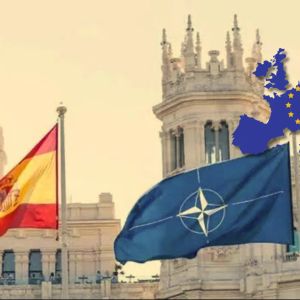UK Treasury says it doesn’t want anything to do with a Bitcoin reserve
3 min read
The UK Treasury doesn’t want a Bitcoin reserve and it’s making sure we get that. Speaking at the Financial Times Digital Asset Summit in London, Emma Reynolds, the Economic Secretary for the Treasury, said on record that the UK won’t be copying the United States government’s crypto hoarding. “We don’t think that’s appropriate for our market,” Emma said . “We understand that’s what the U.S. is going for, but that’s not the plan for us.” The United States, now under President Donald Trump, has taken a very different turn on crypto policy. Emma pointed out that Washington has made “a big change from the previous administration” and is now moving aggressively toward storing Bitcoin at the national level. But the UK isn’t buying into that logic. Emma said the country has other priorities and doesn’t see a reserve as fitting into its financial framework. UK wants to work on regulation but not allocation Instead of stockpiling Bitcoin, the UK wants to work closely with the U.S. on broader crypto regulation. Emma emphasized that cooperation still matters. “We think it’s really important to have that collaboration and cooperation,” Emma said. Emma also confirmed that Chancellor of the Exchequer and Treasury Secretary Scott Bessent have already met, and a formal working group has been formed. The “senior official level working group” will meet this June to discuss how both governments can tackle crypto oversight together. The idea isn’t to follow the same path but to coordinate where it makes sense. The UK wants to stay in sync with Washington in areas like regulation but without mimicking the U.S. playbook line-for-line. When it comes to launching a Bitcoin reserve, Emma made it clear there’s no interest. The UK’s focus is elsewhere. One of those focus areas is government bonds. Emma said the Treasury is currently looking into issuing sovereign debt using distributed ledger technology. She said the procurement process is already moving forward, and a tech supplier could be selected by late summer. This doesn’t mean the UK is avoiding crypto tech—it just means the government is only interested in areas where it fits its goals. Emma also shut down the idea that the UK will adopt the European Union’s strict approach to crypto. She dismissed the MiCA regime as too rigid. “We decided not to go down that particular road,” she said. Unlike the EU, which favors a tightly structured system, Emma said the UK is more focused on outcomes than legal templates. She said the UK’s legal style is “much less like that of the EU.” The UK government wants crypto regulation to fall inside existing rules used for regular finance. Emma said, “Same risk, same regulatory approach.” She explained that crypto firms should be treated the same as traditional financial service companies when it comes to oversight. But Emma didn’t pretend the government can control everything. She admitted that some parts of the crypto world are out of reach. Bitcoin was her example. Its decentralized structure makes it hard for any government to pin down. “There’s only so much the government can do in that regard,” she said. “We understand that some of this stuff is a little bit amorphous, and the decentralized stuff is particularly difficult.” KEY Difference Wire : the secret tool crypto projects use to get guaranteed media coverage

Source: Cryptopolitan



